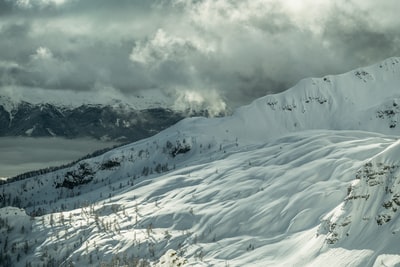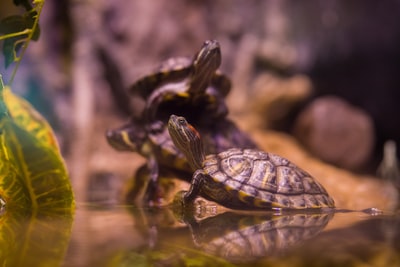 Global warming is a very big issue. If the Earth increases in temperature by only a few degrees Celsius this could have major consequences. It may lead to:
Global warming is a very big issue. If the Earth increases in temperature by only a few degrees Celsius this could have major consequences. It may lead to:
- changes in the Earth’s climate
- a rise in sea level
- a reduction in biodiversity
- a change an organism’s migration pattern, in birds for example
- a change in a species distribution
One way in which to reduce the amount of carbon dioxide in the atmosphere is to sequester it from ponds, lakes and oceans. Carbon dioxide sequestration refers to the intake and storage of carbon dioxide. A good example of this is the process of photosynthesis in plants.
The ocean takes up one third of carbon that human’s emit which is about two billion metric tons every year. Studies have shown that carbon dioxide is denser than sea water and so it would be possible, therefore, to store the gas at the bottom of the sea as a liquid. As a liquid the carbon dioxide could be pumped deep into the ocean.
——————————————————
Deforestation
Deforestation is the loss of naturally occurring forests. It’s mainly caused by human activities like:
- logging
- clearing land for farming crops like those needed to produce biofuels based on ethanol
- cutting down trees for fuels
- oil extraction
- making space for cattle
- urban developments
It’s become a big global issue for a number of reasons.
Increase in carbon dioxide
Large-scale deforestation in tropical areas has increased the amount of carbon dioxide in the air. This is due to the fact that the trees are burnt down. Microorganisms also break down the dead matter and release this gas into the atmosphere. The reduction in trees then means that there are less around to remove this excess carbon dioxide, or ‘lock it up’.
The reason why too much carbon dioxide in the atmosphere is dangerous is because it contributes to the greenhouse effect. The greenhouse effect refers to how the Earth is heating up due to the fact that not enough of the sun’s heat can leave the Earth’s atmosphere. So, what happens is the earth acts like a greenhouse by trapping too much heat in. Carbon dioxide, along with nitrous oxide, methane and water vapour, make up the greenhouse gases which are preventing enough heat from escaping and causing global warming.
Methane is another gas which is increasing in the atmosphere. This can be caused by an increase in cattle and by growing more rice fields for food.
Reduction in biodiversity
